Amicline
✅ Treats amoebiasis effectively
✅ Eradicates intestinal parasites
✅ Reduces abdominal discomfort
✅ Minimizes diarrhea symptoms
✅ Prevents disease complications
Amicline contains Diloxanide.
Product Overview
Amicline is a pharmaceutical formulation containing Diloxanide as its active component. This medication is specifically indicated for managing intestinal and hepatic amoebiasis caused by the pathogenic protozoan Entamoeba histolytica. The drug effectively combats parasitic infestations that manifest with gastrointestinal distress, including diarrhea, abdominal discomfort, and systemic symptoms like fever, by eradicating the causative organisms.
Therapeutic Applications
This medication is principally employed in clinical practice for treating:
• Intestinal amoebiasis (amoebic dysentery)
• Extra-intestinal amoebic infections (particularly hepatic abscesses)
These conditions result from ingestion of E. histolytica cysts through contaminated food/water sources. Clinical presentations include bloody diarrhea with mucus (dysentery), right upper quadrant pain with hepatomegaly (in hepatic involvement), and constitutional symptoms.
Administration Guidelines
For optimal therapeutic outcomes:
1. Adhere strictly to prescribed dosing regimen
2. May be administered with or without meals as directed
3. Maintain consistent dosing intervals
4. Complete entire treatment course regardless of symptomatic improvement
5. Swallow tablets whole with adequate water
Mechanism of Action
The pharmacological activity of Amicline involves:
• Direct amoebicidal action against luminal forms
• Disruption of parasitic metabolic pathways
• Inhibition of protozoal proliferation
• Elimination of trophozoites from intestinal lumen
This mechanism provides symptomatic relief while preventing systemic dissemination and complications.
Dosage Protocol
Standard dosing considerations:
• Adult dosage typically ranges 500mg-1g daily in divided doses
• Pediatric dosing based on body weight
• Treatment duration varies (7-10 days for acute infections)
• Hepatic involvement may require extended therapy
Note: Always follow physician’s specific dosage instructions as individual requirements may vary based on infection severity and patient factors.
Therapeutic Advantages
Clinical benefits include:
• High cure rates for intestinal amoebiasis
• Effective luminal amoebicide
• Prevents relapse by eliminating cyst-forming trophozoites
• Reduces risk of extra-intestinal complications
• Well-tolerated profile in most patients
Adverse Effects
Commonly reported tolerability issues:
• Gastrointestinal: Nausea (10-15%), epigastric discomfort
• Neurological: Mild headache (5-8%)
• General: Transient flatulence
These effects are typically self-limiting and rarely necessitate discontinuation. Report persistent or severe reactions to healthcare providers.
Precautions
Important safety considerations:
• Hepatic/renal impairment requires dose adjustment
• Potential drug interactions with certain antibiotics
• Pregnancy category C (use only if potential benefit justifies risk)
• Lactation: Safety not established
• Monitor for signs of dehydration in diarrheal states
Storage Conditions
Proper medication preservation:
• Store at controlled room temperature (15-30°C)
• Protect from moisture and direct sunlight
• Keep in original packaging
• Maintain out of children’s reach
• Dispose expired/unused medication properly
Medical Disclaimer
The content provided herein represents carefully curated, medically reviewed information intended for educational purposes only. This material:
• Does not constitute medical advice
• Should not replace professional clinical judgment
• May not encompass all potential adverse effects
• Might not reflect current therapeutic guidelines
Patients are strongly advised to consult qualified healthcare professionals for personalized medical recommendations and to address any clinical concerns. This information aims to facilitate informed patient-provider discussions, not to supersede them.
| Strength | 500 mg |
|---|---|
| Quantity | 30 Tablet/s, 60 Tablet/s, 90 Tablet/s, 180 Tablet/s |
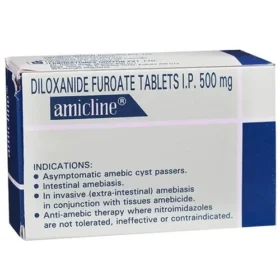 Amicline
Amicline









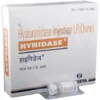
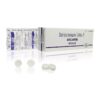
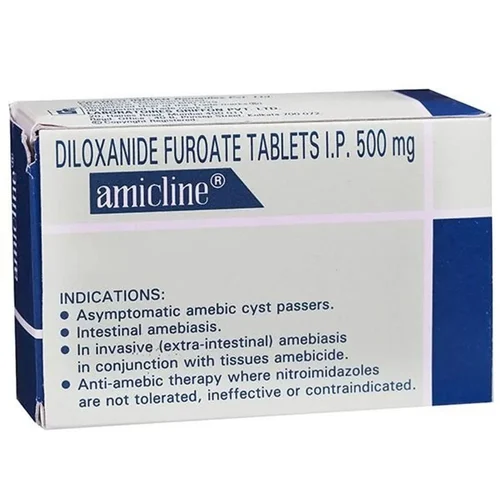
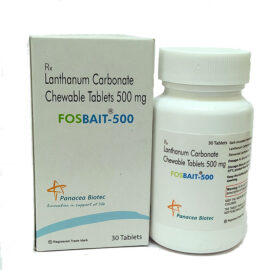
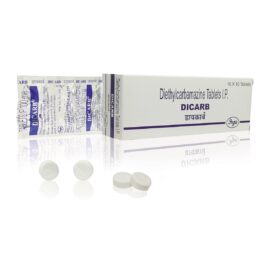
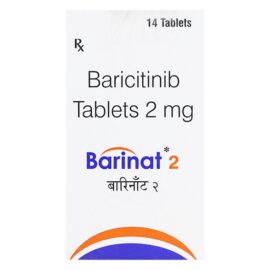
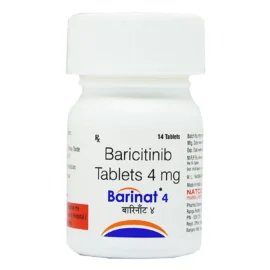
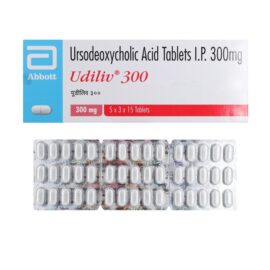
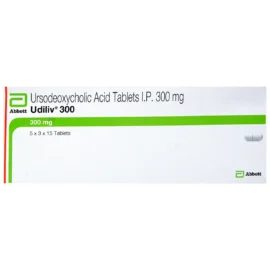
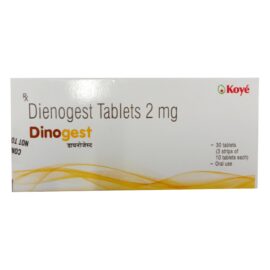
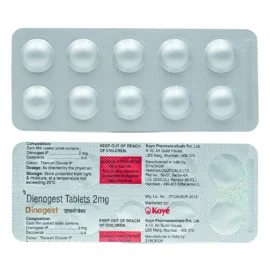
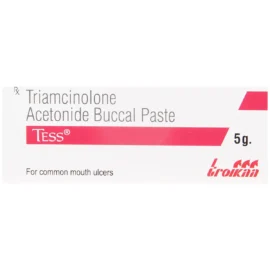
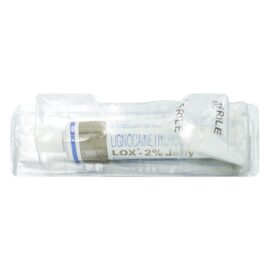
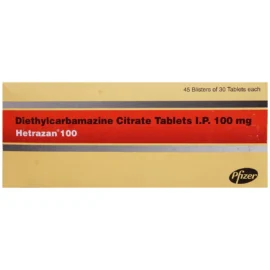
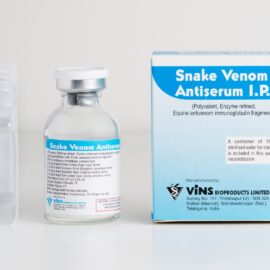
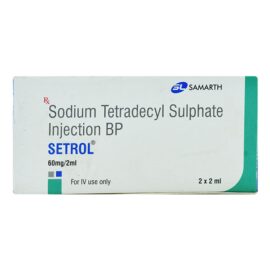
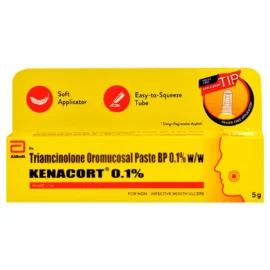
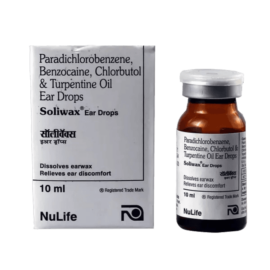
Reviews
There are no reviews yet